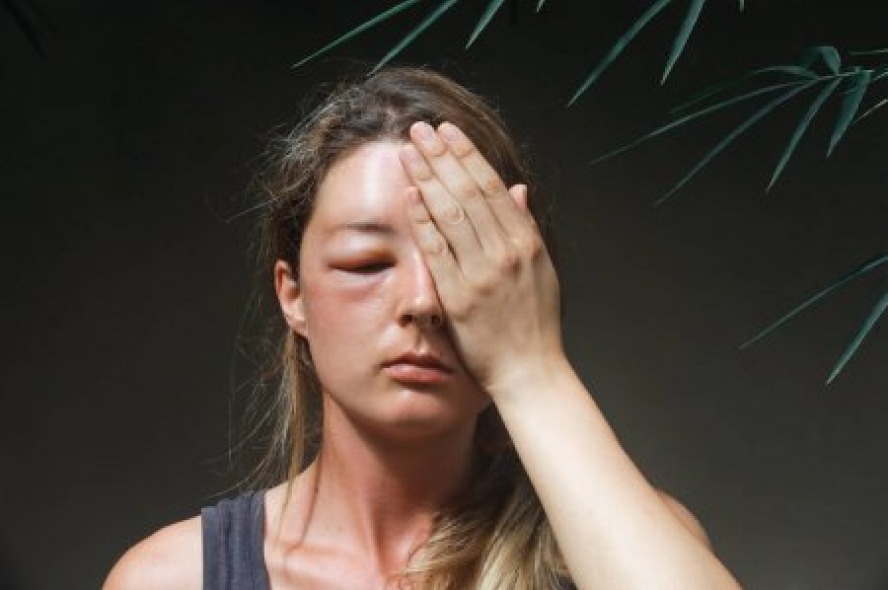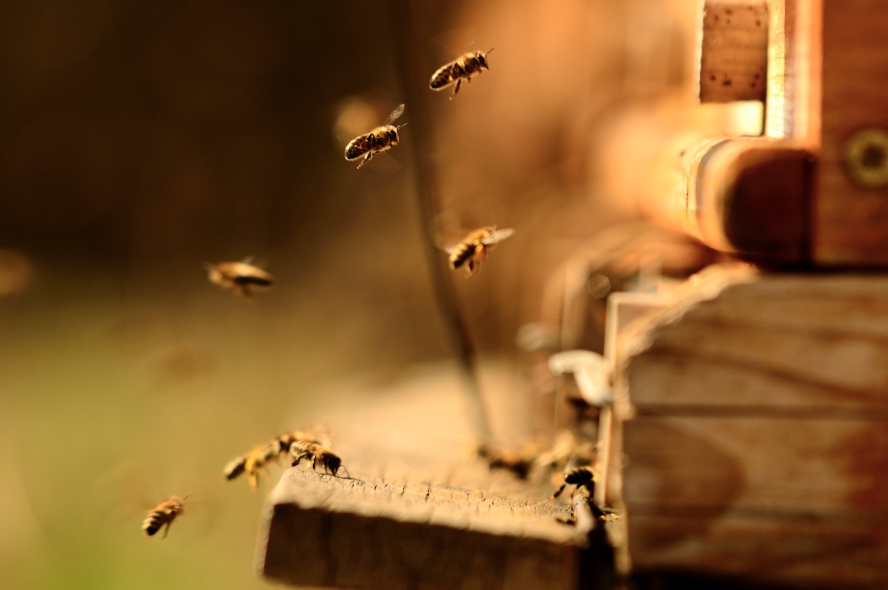
Bee allergy (also known as stinging insect allergy or venom allergy) can be a life threatening allergy to the sting of wasps, bees, hornets or yellow jackets. While many people will react with localized swelling, pain or even extensive swelling, anaphylax is a whole body reaction to a sting.

An allergy to stinging insects is caused by the immune system becoming over-reactive to allergens present in the venom of these insects. Once stung, the venom causes a cascade of reactions in the body that causes the symptoms of anaphylaxis.
Symptoms of anaphylaxis related to a bee sting can include hives, flushing, itching, wheezing, chest tightness, dizziness, passing out or nearly passing out, swelling of the face, throat or tongue, difficulty breathing, or low blood pressure. This requires immediate medical attention.
Avoiding bee stings can include some measures such as not wearing floral smelling perfumes and not wearing bright colored clothing. Be careful in any area where outdoor food is served as these insects are attracted to sweet foods. Try to keep outdoor food covered and wear closed toe shoes to protect your feet. If you are stung and experience the above symptoms, be certain to seek medical attention, do not wait.
If you have had any of these symptoms related to bees, an allergist can provide accurate testing and a treatment plan to help guide you. He/she may even discuss treatment with venom immunotherapy or shots. With proper diagnosis and treatment, you can once again gain control and enjoy the outdoors.

